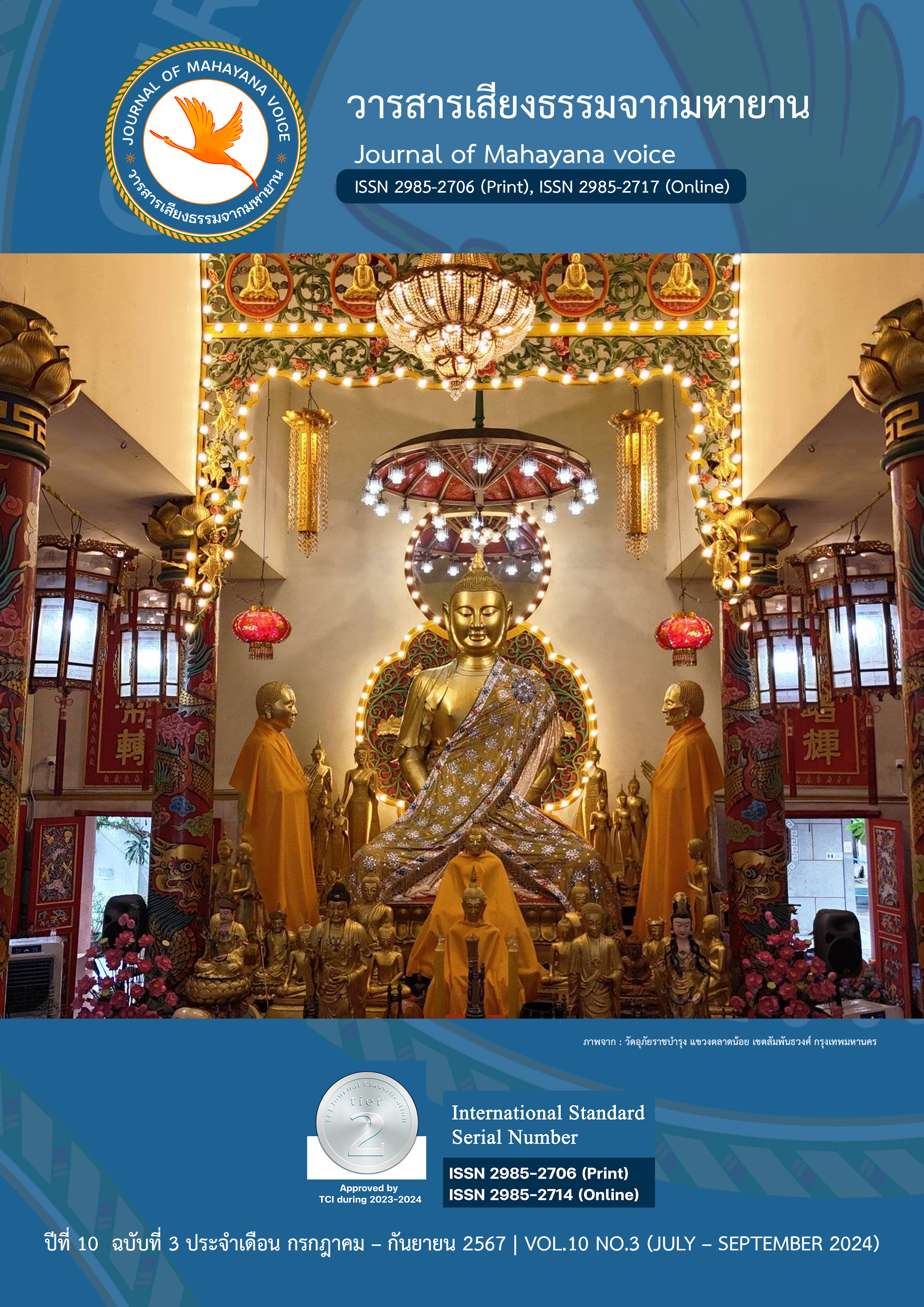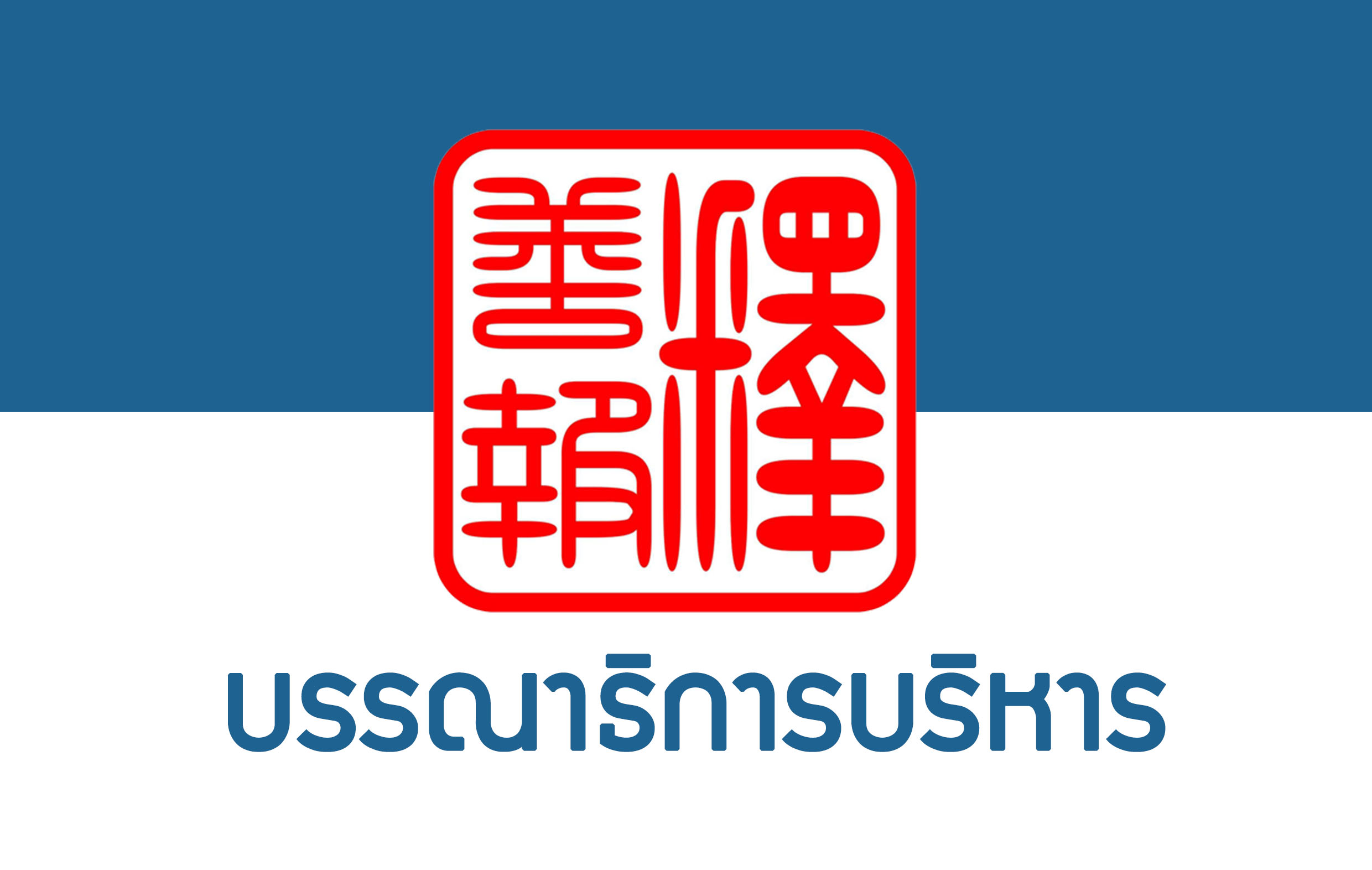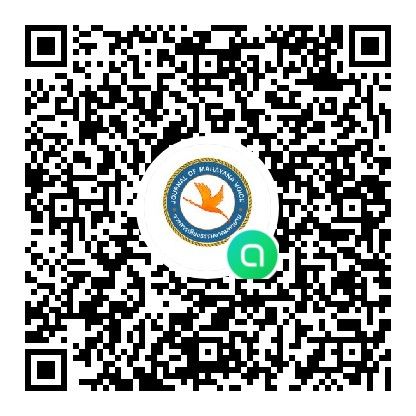การพัฒนาหลักสูตรฝึกอบรมการจัดประสบการณ์เรียนรู้ เพื่อเสริมสร้างความคิดสร้างสรรค์ สำหรับนักศึกษาครู สาขาวิชาการศึกษาปฐมวัย
Development of training courses for organizing learning experiences to enhance creativity For student teachers in the field of early childhood education
คำสำคัญ:
การจัดประสบการณ์เรียนรู้, การพัฒนาหลักสูตร, ความคิดสร้างสรรค์, นักศึกษาครูสาขาวิชาการศึกษาปฐมวัย, หลักสูตรฝึกอบรมบทคัดย่อ
การวิจัยครั้งนี้มีวัตถุประสงค์เพื่อ 1) ศึกษาข้อมูลพื้นฐาน และความต้องการฝึกอบรม 2) พัฒนาหลักสูตรและทดลองใช้หลักสูตรฝึกอบรม 3) นำหลักสูตรฝึกอบรมไปใช้ และ 4) ประเมินหลักสูตรฝึกอบรมการจัดประสบการณ์เรียนรู้เพื่อเสริมสร้างความคิดสร้างสรรค์ สำหรับนักศึกษาครูสาขาวิชาการศึกษาปฐมวัย วิธีดำเนินการวิจัยในลักษณะของการวิจัยและพัฒนา ประกอบด้วย 4 ระยะ คือ ระยะที่ 1 การศึกษาข้อมูลพื้นฐานและความต้องการฝึกอบรม กลุ่มตัวอย่าง ได้แก่ นักศึกษาครูสาขาวิชาการศึกษาปฐมวัย จำนวน 69 คน และอาจารย์ประจำสาขาวิชาการศึกษาปฐมวัย จำนวน 9 คน รวม 78 คน ระยะที่ 2 การพัฒนาหลักสูตรและการทดลองใช้หลักสูตรฝึกอบรม กลุ่มตัวอย่าง ได้แก่ นักศึกษาครูสาขาวิชาการศึกษาปฐมวัย ชั้นปีที่ 3 และชั้นปีที่ 4 ระดับปริญญาตรี มหาวิทยาลัยวงชวลิตกุล ปีการศึกษา 2566 จำนวน 30 คน ระยะที่ 3 การใช้หลักสูตรฝึกอบรม กลุ่มตัวอย่าง ได้แก่ นักศึกษาครู สาขาวิชาการศึกษาปฐมวัย ชั้นปีที่ 3 และชั้นปีที่ 4 ระดับปริญญาตรี วิทยาลัยนครราชสีมา ปีการศึกษา 2566 จำนวน 27 คน และระยะที่ 4 การประเมินหลักสูตรฝึกอบรม กลุ่มเป้าหมาย ได้แก่ นักศึกษาครูสาขาวิชาการศึกษาปฐมวัย ชั้นปีที่ 4 ระดับปริญญาตรี วิทยาลัยนครราชสีมา จำนวน 1 คน และ เด็กปฐมวัย ระดับชั้นอนุบาลปีที่ 3 ปีการศึกษา 2566 จำนวน 32 คน เครื่องมือที่ใช้ในการวิจัย ได้แก่ แบบสอบถามความคิดเห็นเกี่ยวกับการจัดประสบการณ์การเรียนรู้ แบบสอบถามและแบบสัมภาษณ์ความต้องการฝึกอบรม แบบประเมินทักษะการจัดประสบการณ์เรียนรู้ แบบทดสอบวัดความรู้ความเข้าใจ แบบประเมินความพึงพอใจ และ แบบประเมินความคิดสร้างสรรค์สำหรับเด็กปฐมวัย สถิติที่ใช้ในการวิเคราะห์ข้อมูล ได้แก่ ร้อยละ ค่าเฉลี่ย ส่วนเบี่ยงเบนมาตรฐาน และการทดสอบค่าที
ผลการวิจัยพบว่า
- ข้อมูลพื้นฐานที่ใช้ในการพัฒนาหลักสูตรฝึกอบรม ประกอบด้วย ข้อมูลในการจัดประสบการณ์เรียนรู้ การพัฒนาหลักสูตรฝึกอบรม และการเสริมสร้างความคิดสร้างสรรค์ และความต้องการฝึกอบรมโดยภาพรวมอยู่ในระดับมากที่สุด
- หลักสูตรฝึกอบรมประกอบด้วย 6 องค์ประกอบ ได้แก่ หลักการและเหตุผล วัตถุประสงค์ของการฝึกอบรม โครงสร้างของหลักสูตร กิจกรรมการฝึกอบรม สื่อการฝึกอบรม และการวัดและประเมินผล และความเหมาะสมของหลักสูตรฝึกอบรมโดยภาพรวมอยู่ในระดับมาก
- นักศึกษาครูสาขาวิชาการศึกษาปฐมวัยมีความรู้ความเข้าใจหลังการฝึกอบรมสูงกว่าก่อนการฝึกอบรม มีทักษะการจัดประสบการณ์เรียนรู้โดยภาพรวมอยู่ในระดับดี มีความพึงพอใจต่อหลักสูตรฝึกอบรมโดยภาพรวมอยู่ในระดับมาก และความคิดสร้างสรรค์ของเด็กปฐมวัยโดยภาพรวมอยู่ในระดับดี
The research's objectives are as follows: 1) To study the basic information and training needs for enhancing creative thinking through experiential learning experiences. 2) Developing a curriculum and experimenting with the training curriculum for organizing learning experiences to enhance creative thinking. 3) Implementing the training curriculum for organizing learning experiences to enhance creative thinking. and 4) evaluating the training curriculum for organizing learning experiences to enhance creative thinking for student teachers majoring in early childhood education.The research method, known as research and development, comprises four phases: Phase 1: Basic Information Study and Training Needs Assessment. The sample group includes 69 student teachers majoring in early childhood education and 9 faculty members specializing in early childhood education, totaling 78 individuals.Phase 2: Curriculum Development and Training Curriculum Trial. The sample group consists of 30 undergraduate student teachers majoring in early childhood education in their third and fourth years from Wongchawalitkul University in the academic year 2023. Phase 3: Implementation of the Training Curriculum. The sample group consists of 27 undergraduate student teachers majoring in early childhood education, in their third and fourth years, from Nakhon Ratchasima College, academic year 2023.Phase 4: Evaluation of the Training Curriculum. The target groups include one fourth-year undergraduate student majoring in early childhood education from Nakhon Ratchasima College and 32 preschool children in the third year of kindergarten in the academic year 2023. The research tools used include questionnaires on opinions regarding learning experiences, questionnaires and interview forms for training needs, skill assessment forms for organizing learning experiences, tests to measure knowledge and understanding, satisfaction assessment forms, and creativity assessment forms for preschool children. Statistical analysis includes percentages, means, standard deviations, and t-tests.
The research findings indicate that:
- The foundational information used for developing the training curriculum encompasses data on organizing learning experiences, curriculum development, fostering creativity, and overall training needs, all at the highest level.
- The training curriculum comprises six components: principles and rationale, training objectives, curriculum structure, training activities, training media, and measurement and evaluation. Overall, the suitability of the training curriculum is at a high level.
- Following the training, student teachers majoring in early childhood education demonstrated higher levels of knowledge and understanding compared to before the training. They exhibited proficient skills in organizing learning experiences and expressed high satisfaction with the overall training program. Moreover, the creativity of preschool children overall was at a commendable level.















